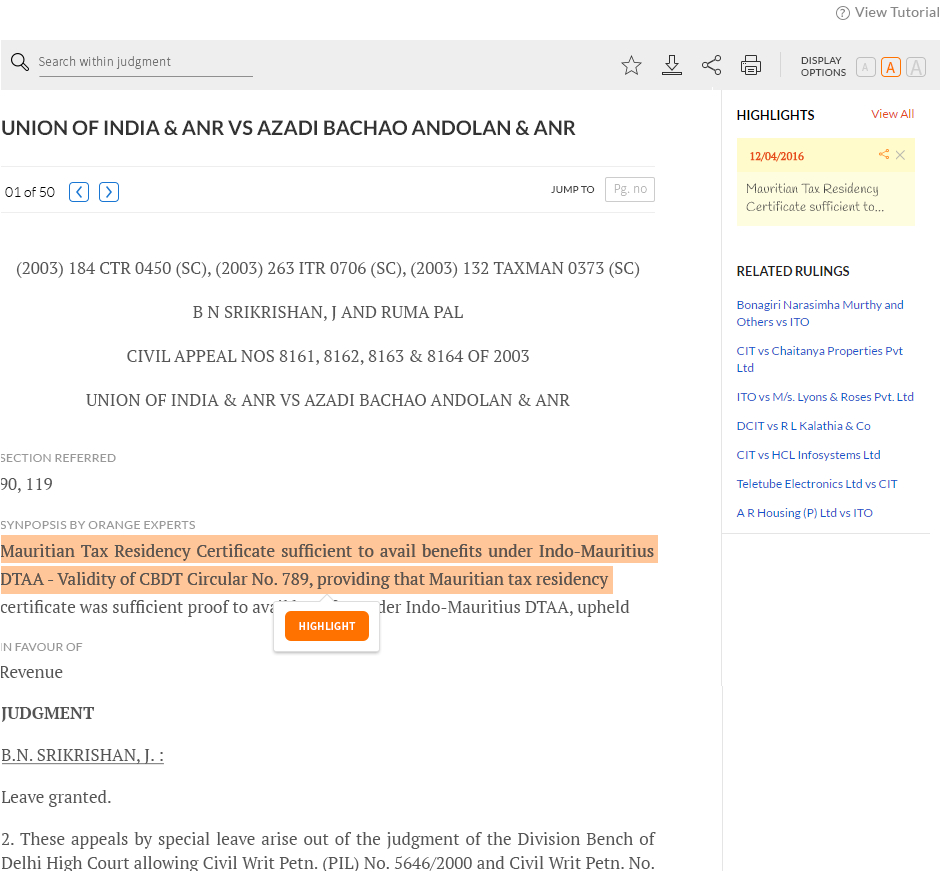
-
2017-02-28
The post demonetization days have clearly showed how the country is set to leapfrog a few stages to embrace the power of digitalization. Mobile is being rapidly adopted to make e-transactions post demonetization. Key objective of the radical step taken by government was to bring all the transactions on record through digitalization of payments so as to curb unauthorized transactions from illegitimate money.
In order to plug the new generation of black money, the Government has launched the mobile payment app BHIM (Bharat Interface for Money) which is an aggregator for all UPI (Unified Payment Interface) - based services offered by banks that allows money transfer between any two bank accounts by using a smart phone.
It is further proposed to launch Aadhar Pay – a merchant version of Aadhar Enabled Payment System and to mandate all Government receipts through digital means.
In continuation of above steps, following further steps are proposed in the Budget 2017 which supports the movements towards cashless system or roadmap to digitization:
1. Restricting Cash donations:
In order to boost cash less economy and transparency, limit of deduction u/s. 80G in respect of donation made by cash reduced from INR 10,000 to INR 2,000.
2. Restricting the capital expenditure incurred by way of cash to INR 10,000 incurred in a single day:
Currently there is no restriction in incurring the capital expenditure in cash. To discourage cash transactions even for capital expenditure, it is proposed to amend the following sections:
a. Section 43: Actual cost of asset for depreciation
Any expenditure incurred on acquisition of any asset shall be ignored for the purpose of determination of actual cost of asset if payment(s) exceeding INR 10,000 is made in a single day otherwise than by an account payee cheque/ draft or use of ECS through a bank account.
This will eventually have effect on the amount of allowable depreciation claim u/s. 32 of the Income Tax Act, 1961.
b. Section 35AD: Investment linked capital expenditure
It is proposed to provide that capital expenditure in respect of specified business shall exclude any expenditure for which the payment(s) exceeding INR 10,000 is made in a day otherwise than by an account payee cheque/draft or use of ECS through a bank account.
3. Threshold for allowance of cash payments u/s. 40A(3) & 40A(3A) reduced to INR 10,000 in a single day.
The threshold limit of INR 20,000 under current provisions for payment or aggregate of payment in respect of any expenditure made to a person in a single day otherwise than by an account payee cheque drawn on a bank or account payee bank draft is reduced to INR 10,000/-
The specified mode of payment will now include use of ECS through a bank account.
However the threshold limit for the cash payments made for plying, hiring or leasing good carriages to a person in a single day continues to remain INR 35,000.
4. Promoting digital payments for small unorganised business:
For small eligible business organisation having turnover not exceeding 2 Crore rupees which requires to declare profit of 8% of its total turnover if they do not want to maintain books of account, the existing rate of 8% is proposed to be reduced to 6% for the portion of total turnover or gross receipts that is accepted by an account payee cheque or account payee bank draft or use of ECS through a bank account during the previous year or before the due date as specified u/s. 139(1) in respect of that previous year.
The above provision shall be applicable to the Financial Year 2016-17.
5. Restriction on cash transactions: Insertion of section 269ST:
Till date there has been no restriction on accepting the amount in cash other than amount for loan deposit or for immovable property. In order to have restriction on accepting the amount even for sales of goods or services or for any other reasons it is proposed that no person shall receive an amount of INR 3,00,000 or more, otherwise than by way of an account payee cheque or an account payee bank draft or use of ECS through a bank account-
- in aggregate from a person in a day;
- in respect of a single transaction; or
- in respect of transactions relating to one event or occasion from a person.
- The said restriction shall not apply to –
|
Persons such as: |
Transactions that include: |
|
1. Government; 2. Banking Company; 3. Post office Savings Bank; 4. Co-operative Bank; and 5. Class of persons as may be notified by Central Government. |
1. Taking or accepting loan, deposits or sum of money receivable for transfer of immovable property 2. Such other receipts as may be notified by Central Government |
A new provision 271DA is introduced wherein the penalty equal to the amount of receipt shall be levied on the person who receives any amount in the excess of INR 3,00,000 or more by way of cash unless sufficient reasons are proved.
6. Transparency in Electoral Funding : Section 13A
In order to discourage the cash voluntary contribution received by the Political party, it is proposed to reduce the limit of INR 20,000 to INR 2,000 for which such political party need to keep and maintain a record of such contributions and name and address of person who has made such contribution.
In future, the strategies of our Government seems focused not only to clean India but to make the “economy of India” a “swach bharat” economy to complement a clean, better, compliant and dynamic India.


